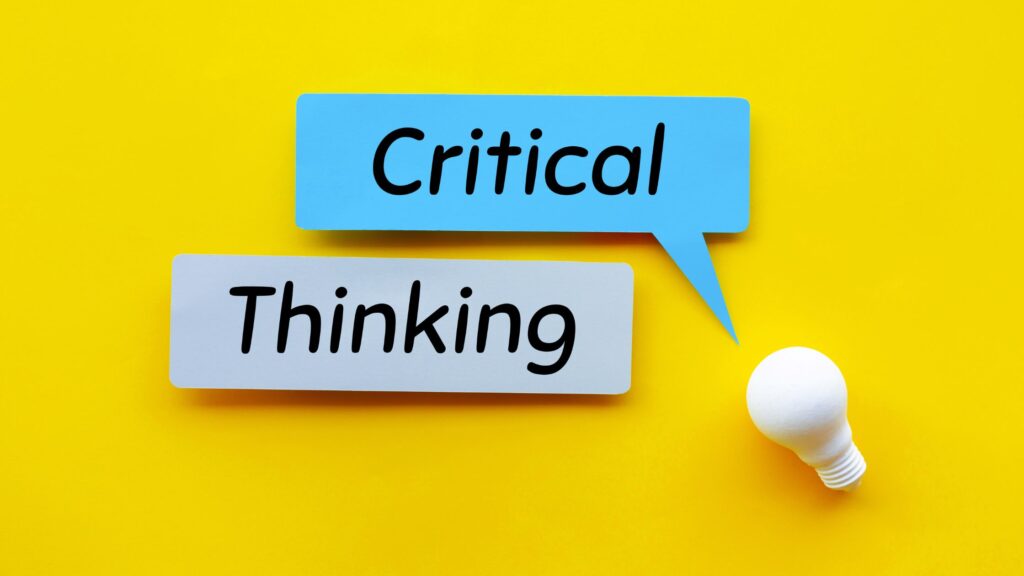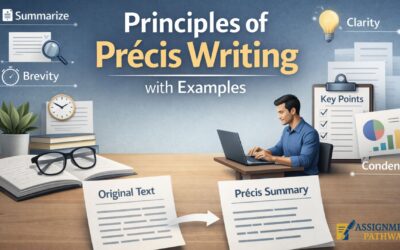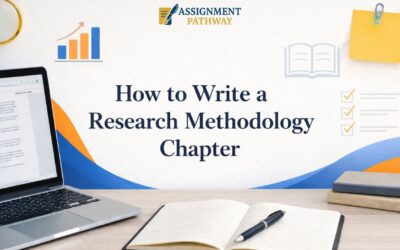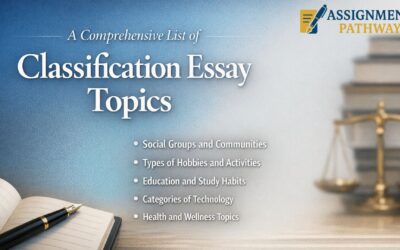Boost Critical Thinking: Task-Based Activities That Work

Learning isn’t just about memorizing, it’s about interpreting, questioning, and connecting ideas. Task-based activities are one of the best ways to practice critical thinking, and when you combine them with smart assignment help like what Assignment Pathway offers you not only learn better, but you also boost your grades.
What Is Task-Based Learning ?
Task-Based Learning (TBL) involves doing real-world tasks like solving problems, filling info gaps, or completing mini-projects rather than just listening to lectures. It encourages active participation, collaboration, and challenge-based thinking. In language learning, for example, TBL helps students improve fluency and confidence. When preparing for assignments, assignment help from Assignment Pathway can guide you in creating meaningful tasks to sharpen your critical thinking skills.
How Tasks Improve Critical Thinking ?
- Collaborative Thinking- Research indicates that team-based learning and other collaborative learning initiatives greatly enhance critical thinking skills like confidence, analysis, and methodical reasoning. When students work in groups, they discuss, challenge each other’s ideas, and actively reflect beneficial for essay preparation with assignment help.
- Problem-Solving Focus- TBL tasks often challenge you to analyse issues, strategize, and create solutions perfect for preparing case-study assignments. Combining tasks with assignment help ensures your arguments are well-supported and logically sound.
- Real-World Context- Transferable thinking skills are developed using real-world assignments such as project-based activities or simulations. Students gain the ability to assess the evidence, adjust to evolving needs, and evaluate their own work. With assignment help from Assignment Pathway, you can draft realistic scenarios that fit your coursework.
Effective Exercises to Try
Here are some task-based activities you can build into your study routine (with assignment help support):
- Think–Pair–Share encourages individual reflection first, then discussion with a partner before sharing insights with a group ideal for exploring different perspectives. With assignment help, you can craft prompts that deepen analysis and guide multiple viewpoints.
- Brainstorming Sessions help generate rapid ideas and boost creativity, while assignment help ensures your brainstorming aligns with your assignment goals.
- Mind Mapping offers a visual way to organize your thoughts, and assignment help guides the structure of your arguments and smooth essay flow.
- Logic Puzzles build analytical and problem-solving skills; with assignment help, you get templates linked directly to your essay topics.
- Role-Playing Debates let you practice analytical thinking and explore alternative viewpoints through dialogue; assignment help teaches you how to integrate positions effectively with counterarguments.
- Problem‐Based Learning involves investigating open-ended, realistic problems, helping you design assignments with clear, actionable steps. Each of these activities sharpens critical thinking and, when combined with targeted assignment help, enhances your assignment quality and confidence.
Divide Tasks into Clear Steps
Start with:
- Task Identification—Choose a question or issue (e.g., “Why did this policy fail?”).
- Research—Gather relevant concepts, data, and examples.
- Planning—Think through solutions or explanations via mind maps or outlines.
- Execution—Draft your answer, build your argument, and cite evidence.
- Reflection—Review strengths, gaps, and revise.
Assignment help from Assignment Pathway can support every stage: from choosing the right tasks to refining your final draft.
Use Tools & Feedback
Make your tasks matter:
- Visual organizers (mind maps, Venn diagrams) make complexity easy to see.
- Use software tools like Google Docs for collaboration and notes.
- Track learning through journals or peer back-and-forth.
- Incorporate feedback from friends or Assignment Pathway tutors after each task.
Tying tasks to structured assignment help ensures that insights turn into strong, coherent essays.
Why This Works for Assignments ?
- Deep engagement: Task-based learning involves you more than passive reading.
- Skill development: Exercises strengthen articulation, analysis, and evidence evaluation.
- Real-world readiness: Skills you use now, synthesis, collaboration are vital later.
- Better grades: Assignments rooted in active tasks often score higher for originality and logic.
With assignment help from Assignment Pathway, you combine proven learning techniques with expert guidance, a powerful way to excel in coursework.
Getting Started with Assignment Pathway
- Pick one activity this week.
- Use assignment help to develop a task-based structure.
- Work through research + action.
- Apply findings to your assignment.
- Submit draft for assignment help feedback.
- Finalize based on suggestions.
Repeat for each major essay over time, you’ll build a strong habit and level up your thinking.
Final Thoughts
Task-based learning transforms studying into an interactive, reflective, and powerful process. Pair it with assignment help from Assignment Pathway, and you get both structure and expert insight. That boost in critical thinking not only helps grades it helps you learn smarter and stay ahead.






